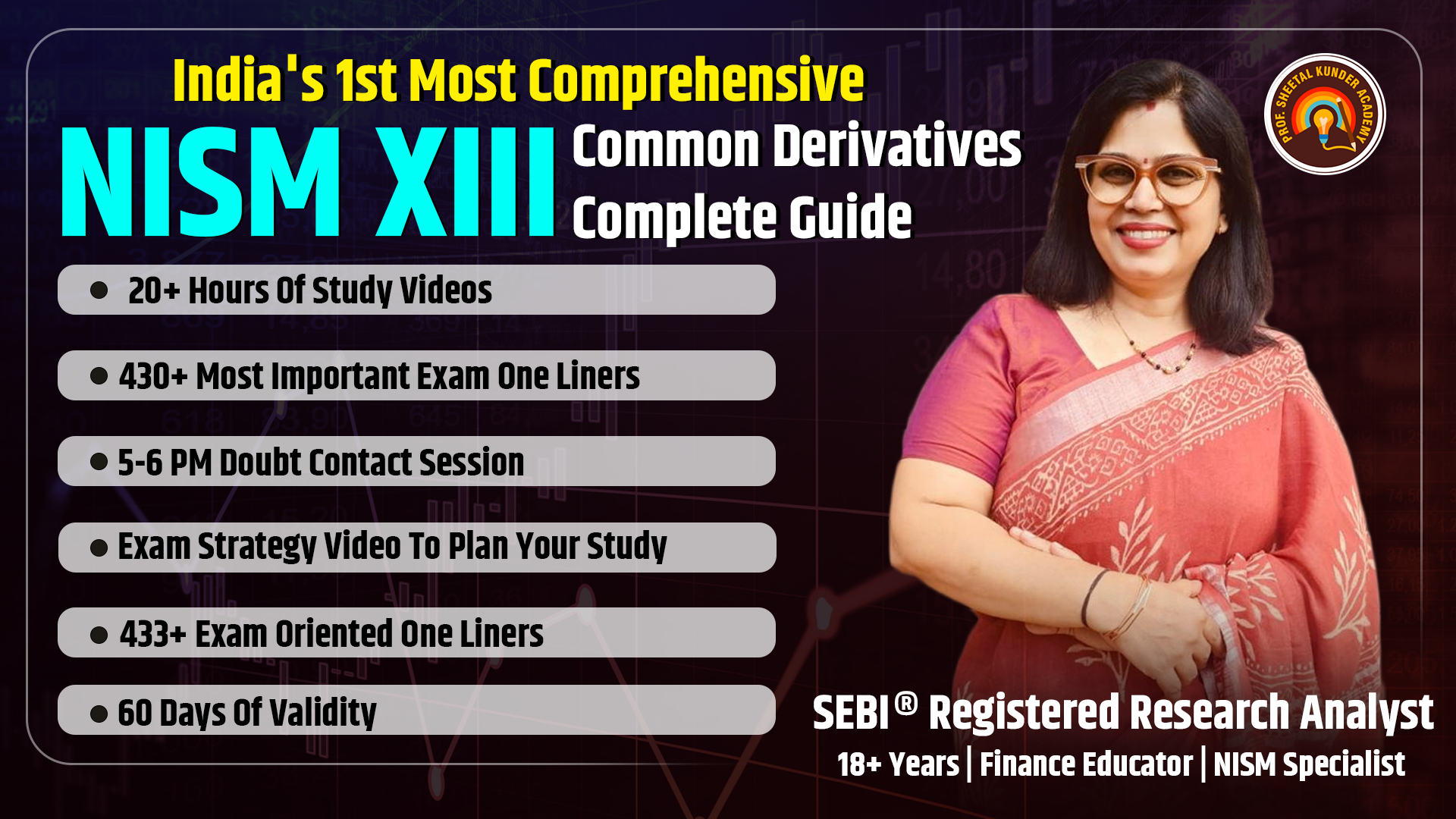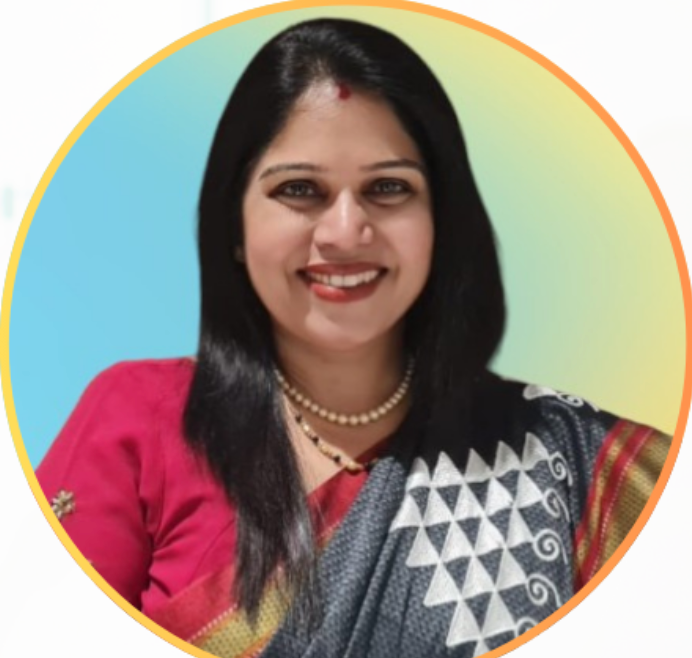There are no items in your cart
Add More
Add More
| Item Details | Price | ||
|---|---|---|---|
Sun Aug 10, 2025
Financial Wisdom for Students: A Retired Banker's (Ashok Kathpalia: PSKA Alumni) Simple Guide
Introduction: Why This Guide Matters to YOU
Ever wonder how to make your money work smarter? Or how to pick the right career path that also helps your finances? It shares simple, powerful advice from a retired banker with 40 years of experience. He'll teach you how to understand money, make smart choices, and build a secure future. Get ready to learn practical tips that you can use right away
1. Meet Our Expert: The Retired Banker Who is he? He was a Senior Assistant General Manager (AGM) at a bank for 40 years.
His Big Idea: Don't just memorize facts! Real understanding comes from making complicated things simple. It's about knowing why something works, not just what it is.
"If you are able to take the thing in a very simple manner, that helps you in understanding. Once you understand the logic behind the issue, then it is very clear, you remember also."
How He Learned Best: He passed many tough banking exams. He found that listening to clear explanations often helped him understand better than just reading books. His long career taught him the power of simple, clear teaching.
Key Takeaway for Students: When you're learning, try to understand the reason behind things. Simple explanations and listening can make a big difference
2. Why Learning About Money is Super Important (Especially Mutual Funds)
This part explains why everyone, including you, needs to learn about money. The banker believes that knowing about finance helps you make smart choices and grow your money. He especially recommends starting with Mutual Funds.
Why You NEED Financial Knowledge: Make Smart Choices:
Without knowing the basics, you might just follow bad advice. Learning helps you decide what's best for your money.
Earn More: Imagine two investments: one gives you 15% back, and another gives 24%. Knowing the difference helps you pick the one that makes your money grow faster!
Financial Freedom: The banker strongly believes that when you understand money, you can make it work for you. This means you won't have to work so hard just to earn money your whole life.
"If your investment comes, money comes to you. Okay, this is your money. If you can't put your money to work in a better way, then you again have to work."
Mutual Funds: Your Easy Start to Investing: For students or anyone new to investing, mutual funds are a fantastic starting point. They are much simpler than buying individual stocks, which often need a lot of research.
Easy to Understand: Less complicated than trading stocks directly. Spread Your Risk (Diversification): Mutual funds invest in many different things (like small companies, big companies, or even gold). This means you don't put all your money in one place, which is safer.
Protection in Bad Times (Hedge): Some mutual funds, like gold funds, can protect your money when the stock market goes down. This helps keep your overall investments stable.
Key Takeaway for Students: Financial education is a must for everyone. Mutual funds are a simple and safe way to begin investing and protect your money.

NISM SERIES XIII COMMON DERIVATIVES COMPLETE GUIDE
3. Always Check Your Investments (Like Checking Your Grades)
The banker advises you to check your investments regularly, just like you'd check your grades. He suggests looking at your returns every 3 to 6 months. This helps you see if your investments are doing well compared to the market (like checking if your fund is growing as much as a market index).
"At least in 3 months, if I check in my portfolio, if there is a correction required and why it is required, that you can only do when you have some financial knowledge."
Why this is important: Regular checks allow you to make changes if needed, stopping bad investments from losing money. Managing your money is an ongoing job that needs your attention and knowledge.
Key Takeaway for Students: Don't just invest and forget! Regularly review your investments to make sure they're performing well and adjust them if needed.
4. Your Career and Your Life Goals
The banker agrees that professional certificates and exams (like NSM-XV, JIB, CIB) are important for your career. But he stresses that these should also fit into your bigger life plan. He advises students to think if a course or certificate will truly help them achieve overall financial well-being and a comfortable life, not just meet job requirements.
"Whatever course you attend, whatever you do, anything you do, first of all, have this in mind that if you are not able to apply that knowledge for yourself, okay, then it will be only bookie's knowledge. Financial education should also be, first of all, applied on himself or herself. Then only you can advise somebody else."
Important Point: You should first use financial knowledge to manage your own money. Once you've successfully done that, you'll be much more believable and effective when advising others.
5. Advice on Specific Exams (NSM-XV, Common Derivatives)
The discussion also covers specific financial exams, like NSM-XV and the newer Common Derivatives exam (which combines equity and currency derivatives). The banker suggests choosing exams based on what you're interested in and what you already know.
Start Simple: If you're new, begin with easier exams like Equity Derivatives before moving to more complex ones like Common Derivatives.
Use Your Knowledge: The main reason to pass an exam should be to use that knowledge in real-life situations, not just to get a certificate.
Key Takeaway for Students: Pick exams that match your interests and current knowledge. Focus on applying what you learn, not just passing the test.
6. Final & Most Important Message: Apply Knowledge Personally
The most important advice from the retired banker is to always apply financial knowledge to your own life first. He believes that true financial wisdom comes from managing your own money well and making sure it works hard for you. When you succeed at this, you can then credibly help others. "Learn to earn also. That is my line. If I'm able to earn, then I can help anybody else also."
He concludes by saying that everyone needs to understand finance and be able to interpret financial information, no matter their job. Starting with simple ideas and building your interest can lead to a deeper understanding of finance and, eventually, a more comfortable and secure life.
Conclusion: Your Path to Financial Success
This experienced banker's advice clearly shows why financial education is so important. His focus on putting knowledge into practice, continuously learning, and using smart investment tools like mutual funds gives you a clear path to becoming financially smart and secure in the long run. Start learning today and make your money work for you!

Prof. Sheetal Kunder
SEBI® Research Analyst. Registration No. INH000013800 M.Com, M.Phil, B.Ed, PGDFM, Teaching Diploma (in Accounting & Finance) from Cambridge International Examination, UK. Various NISM Certification Holders. Ex-BSE Institute Faculty. 18 years of extensive experience in Accounting & Finance. Faculty Development Programs and Management Development Programs at the PAN India level to create awareness about the emerging trends in the Indian Capital Market and counsel hundreds of students in career choices in the finance area